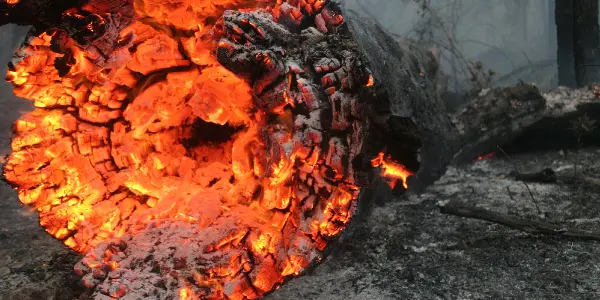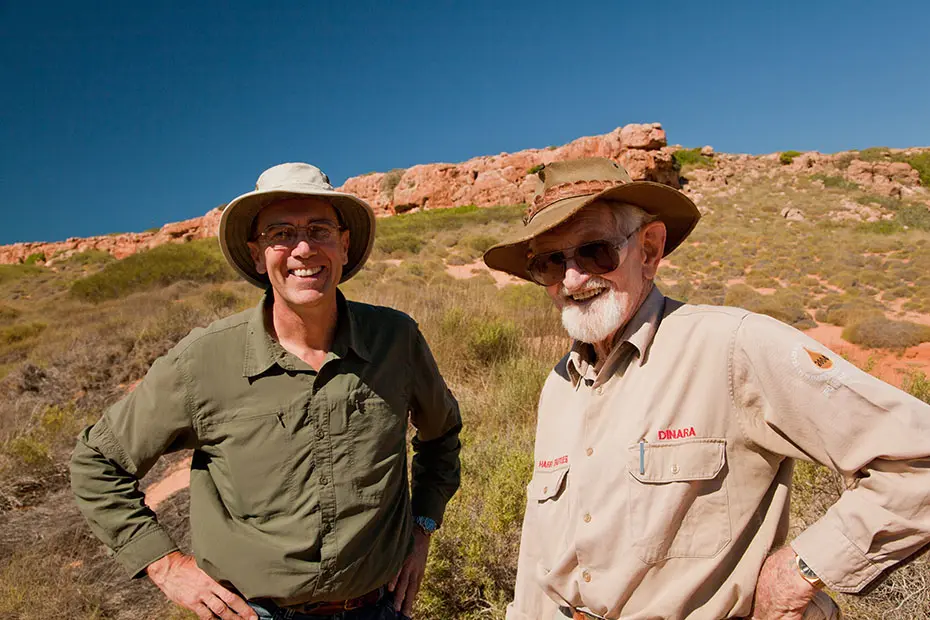The centre’s core research areas
Research in the Centre for Terrestrial Ecosystem Science and Sustainability spans four key themes in restoration ecology, wildlife biology and conservation, urban ecosystems, and forestry and threatening processes. Our work provides fundamental information to regulators and managers for identifying biodiversity processes and threats, understanding conservation science, and protecting ecosystems through increased stewardship.
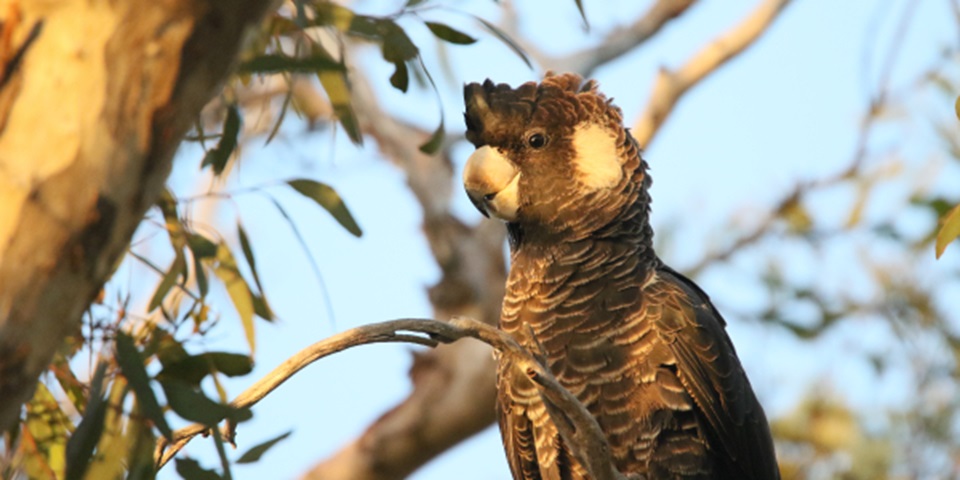
Wildlife Biology and Conservation
Conservation and management of wildlife requires that we understand the biology, behaviour and ecology of native and invasive fauna, as well as their potential susceptibility to disease.
Murdoch researchers are contributing to this through robust applied science. We are developing and applying traditional and novel approaches to understand threatened species biology, evolutionary biology, and habitat requirements. Our investigations into wildlife disease and invasive species underpin conservation management decisions.
Explore our work on Black Cockatoo Conservation Management.
Explore our work on Wildlife Ecology and Behaviour.
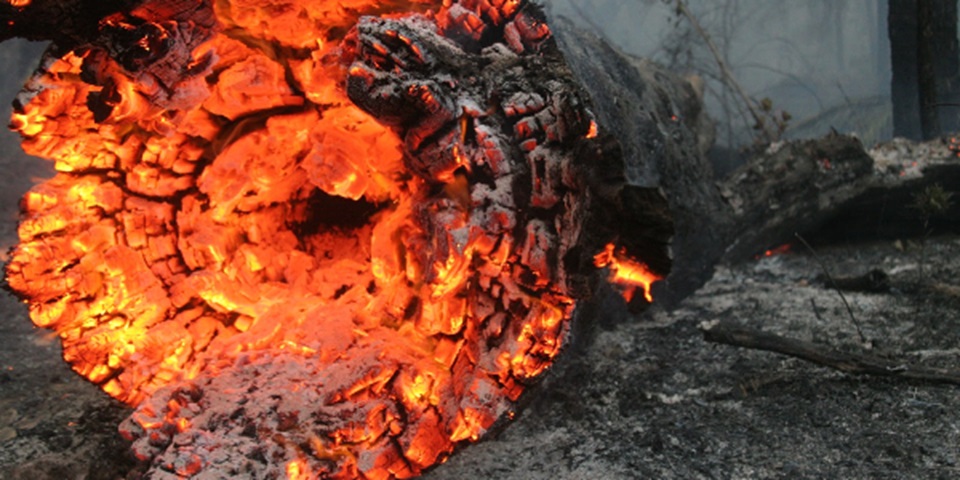
Terrestrial Ecosystem Management
Western Australia is home to more native plant species than any other state in the nation, with 10,000 plant species identified. Eight of Australia’s 15 terrestrial biodiversity hotspots occur within the state, and WA also supports an extraordinary diversity of unique terrestrial animal species.
Our research provides much needed evidence to inform policies that effectively address threatening processes, including land use, climate change, fire, weeds, and the introduced animals and diseases that threaten our extraordinary diversity.
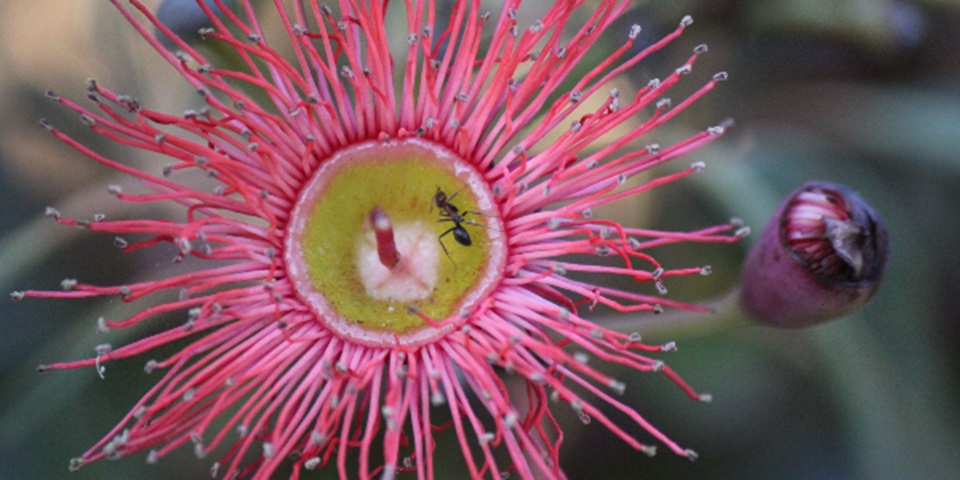
Ecological Restoration
Ecological restoration is a multi-disciplinary pursuit requiring collaboration across soil science, plant community ecology and social science. Many ecosystems need informed management to ensure that they can be returned to functioning landscapes.
Murdoch Researchers are well-positioned to deliver the collaborative translational science that’s needed to inform this emerging practice. Our research in this area is helping to rebuild agricultural, mining and urban landscapes.
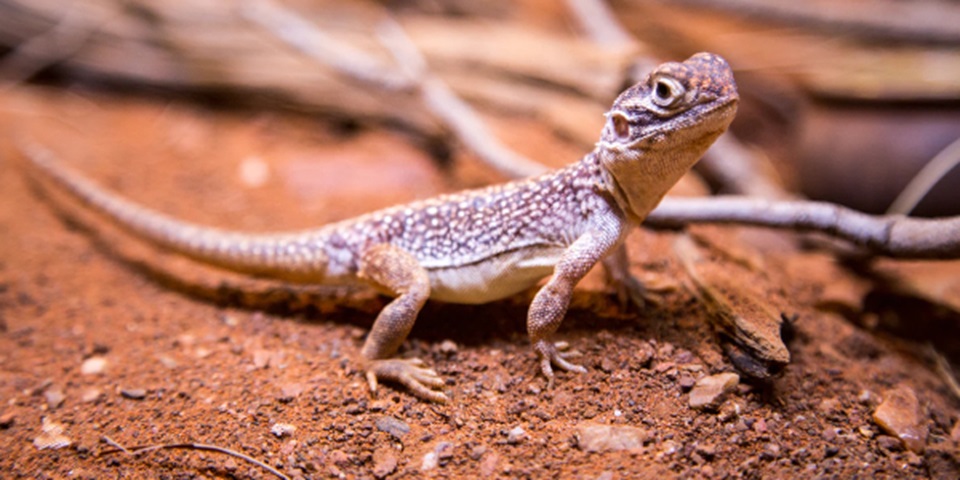
Urban Ecosystems
Globally, urban centres occupy the most biodiverse parts of the Earth, and increasing human population stretches the capacity of many ecosystem processes. In Australia, our quality of life strongly depends on how we manage these urban environments.
Murdoch ecologists and social scientists are working on the biology of urban wildlife, the impacts of weeds and invasive animals, and maintaining quality urban water reserves. Growing the connection between people and urban nature, through tourism, recreation and education, is important for preserving the unique environments we live in.

